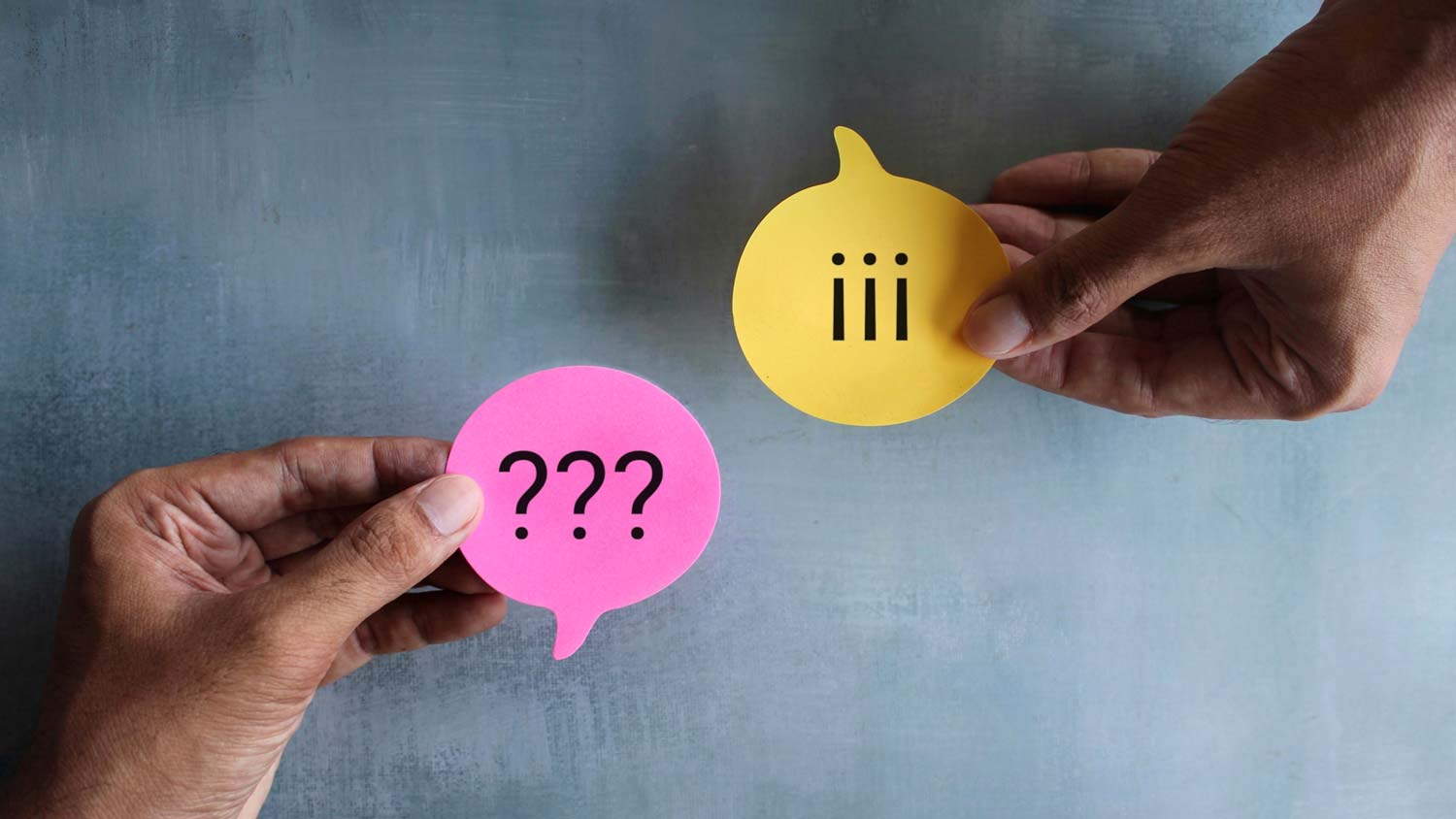We’ve all been there in the middle of a conversation that seems to be heating up, more and more, until finally… boom. We explode. Lashing out in anger or frustration, in ways that usually we don’t intend to. Avoiding a blowout in these situations is not always easy, so it’s best to know the signs in our mental state that can help us understand where our emotions are taking us. Are we reacting, or responding?
The first thing to understand is that both reacting and responding come from the same desire in our hearts. We have a deep desire to feel seen, heard, and understood. When our subconscious thinks that those feelings are being threatened, we may start to lose control a little bit. Our thoughts may become more clouded and judgemental. Maybe there’s nothing else we can think about even after a conversation has ended. This begins a train of thoughts that leads to compulsive reactions.
Reactions are moments when we act out of emotional defense. Maybe there was something offensive or off-putting that you weren’t expecting. In these moments, emotions run hot, and we lose track of the negative impacts that our actions may have. It can lead us to hurt others around us, raising problems even further. It’s in these moments that we are giving up control and allowing whatever it is we’re frustrated about to control the situation. We are only driven by fear and pain. It’s not easy to avoid this mindset, and it’s even harder to work your way out of it.
So, how should we respond? What’s the right way to work through a potentially triggering situation? Healthy responses are based on respect and empathy. Take a breather, even if it means saying something like, “Hey, I really care about this, could you give me a minute to collect my thoughts?” When you lead your words with respect, you push out the negative build-up. Take some time to remember that even though you may be feeling triggered, there is no immediate danger. Thinking through this can help you calm down, and uncloud your thoughts and feelings, so you can better articulate what you want.
Taking the time to focus on responding rather than reacting will help you and those around have a better understanding of the situation. You can even help out a friend if you see them starting to react impulsively, by respectfully asking them to take a breather and let their thoughts settle for a minute. When we are able to control our thoughts like this we are able to grow as individuals in a way that represents everything great about being human.







